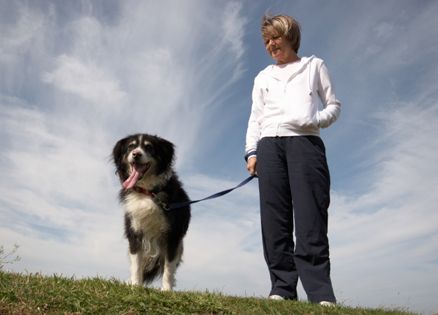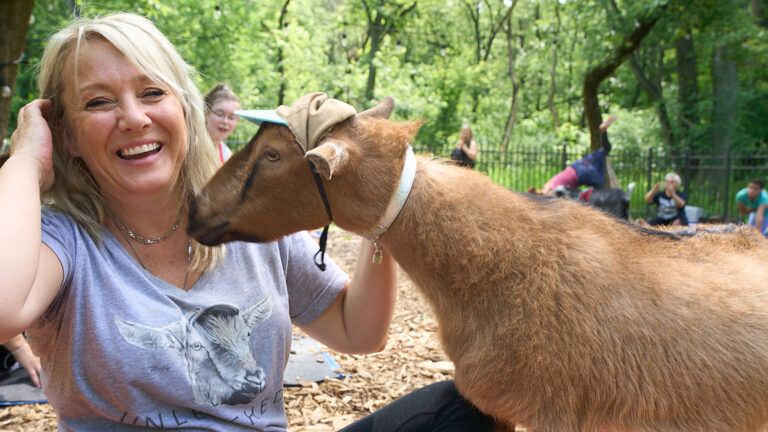They’re always up for cuddling and a tummy rub when we’ve had a long day.
They offer unconditional love, helping us through job loss, illness, divorce and the deaths of friends and family members. They don’t judge or offer advice; they’re always there for us.
When an animal companion dies and that unique bond is severed, our grief can often be profound, deeper than we’ve felt before.
Betty Carmack, director of one of the country’s first pet loss therapy groups, which is located in San Francisco, frequently hears people say “I never cried this much when a family member died.”
Such feelings, she said, can be difficult to reconcile in a society that often trivializes the loss of a pet. People feel guilt over their grief, as if it’s not justified, Carmack said, or they feel pressured to “get over it” quickly. As a result, she said, navigating through the stages of grief can be difficult.
In the 1970s, when Carmack lost a dog in a boating accident, she found few resources to help her deal with her feelings. She realized there was a need and so, with a background in nursing, she created a therapy group in 1983.
Since then she has met with hundreds of grieving pet owners and, in 2003, she published a book, Grieving the Death of a Pet.
If you are grieving over the death of a pet, Carmack offers these 6 suggestions:
1. Acknowledge and honor the grief they’re feeling.
Realize that everyone is different and everyone grieves differently. Give yourself the time you need, she said. It’s not only okay to be angry or depressed, it’s natural. Don’t try to cover it up.
2. Get help and support.
Find a pet loss support group or an individual counselor. There are books and web sites. Guideposts recently introduced a Pet Prayers page, where hundreds of readers have posted pet photos and prayers.
Another good resource is a book entitled The Tenth Good Thing About Barney, which focuses on helping children grieve over a pet.
3. Consider creating a ritual or memorial.
Rituals can help calm and center us, transforming something painful into something less painful.
4. Be ready for waves of grief.
Grief isn’t a linear experience. It’s like walking an ocean beach. For awhile you may only experience small, lapping waves. Then a huge wave will knock you down. Realize you can get up and keep walking, Carmack says.
5. Find people with whom you can be open.
Allow yourself to be comforted. But be careful. Opening up to someone who isn’t supportive can be damaging, she warns.
6. When the time comes to get another pet don’t compare them to the companion you lost.
The new pet will never measure up, particularly at first. Remember: You’re not replacing or forgetting the animal that died, but opening yourself to another and different one-of-a-kind relationship.
Here are six things you can do for someone who has recently lost a pet:
1. Send a card or flowers or a book.
Take time to show you care.
2. Check in to see how they’re doing.
Because many people are uncomfortable around strong feelings or death, contact and support during a period of grief can be especially appreciated.
3. Acknowledge that it is a major loss.
Just communicating to them that you realize how much the pet meant to them can be helpful.
4. Don’t push people to do something social or “get over” their grief.
Give the grief-stricken pet owner space to simply feel their feelings for as long–or as briefly–as they need to. Honor their own timeline
5. Don’t ask if they’re going to get another pet.
While the question may be well-intentioned it can be upsetting, as if animals are interchangeable.
6. Don’t trivialize the death.
People get very attached emotionally to their pets and should be allowed the space to grieve their loss.
Did you enjoy this story? Subscribe to Guideposts magazine.






